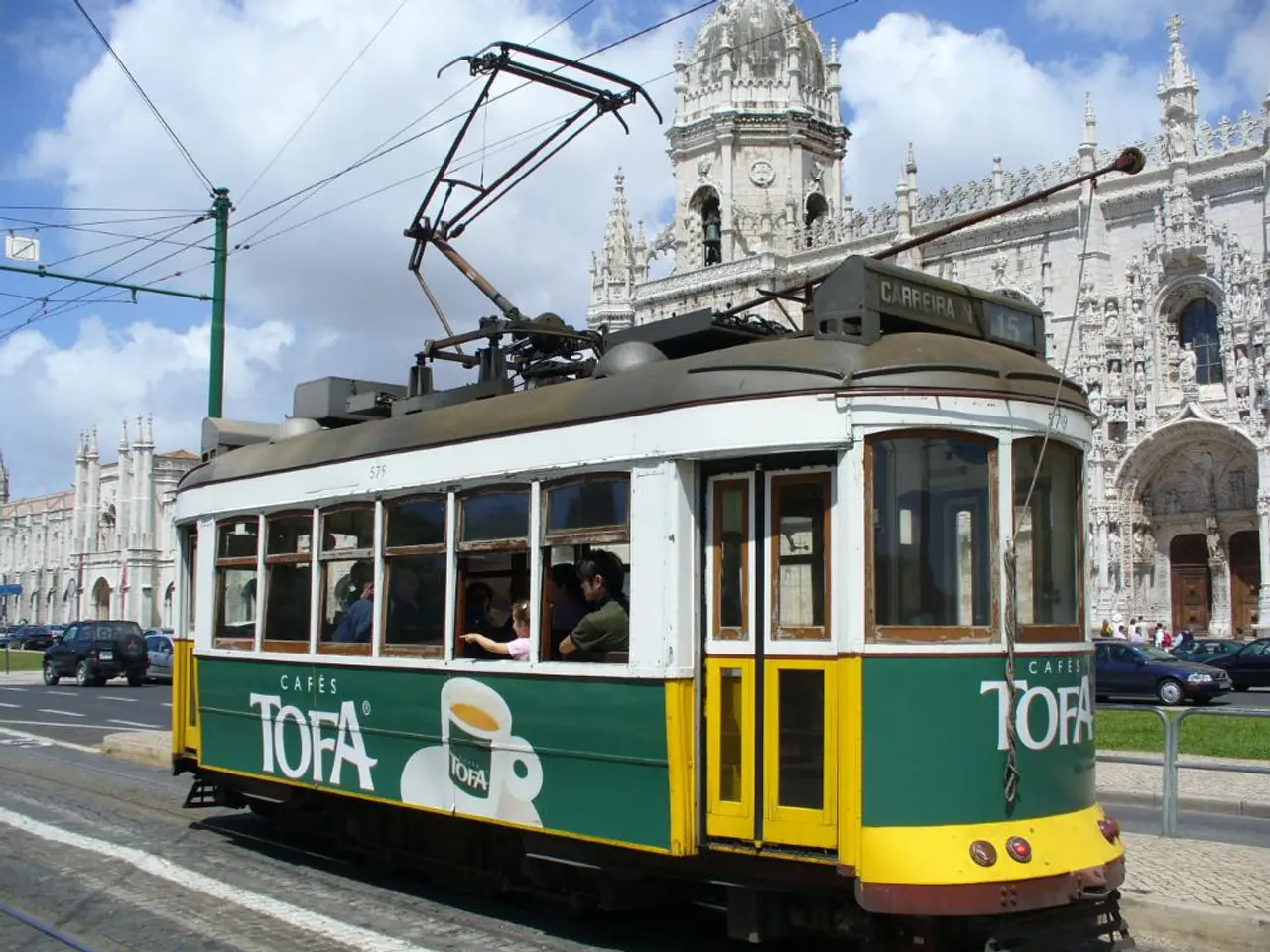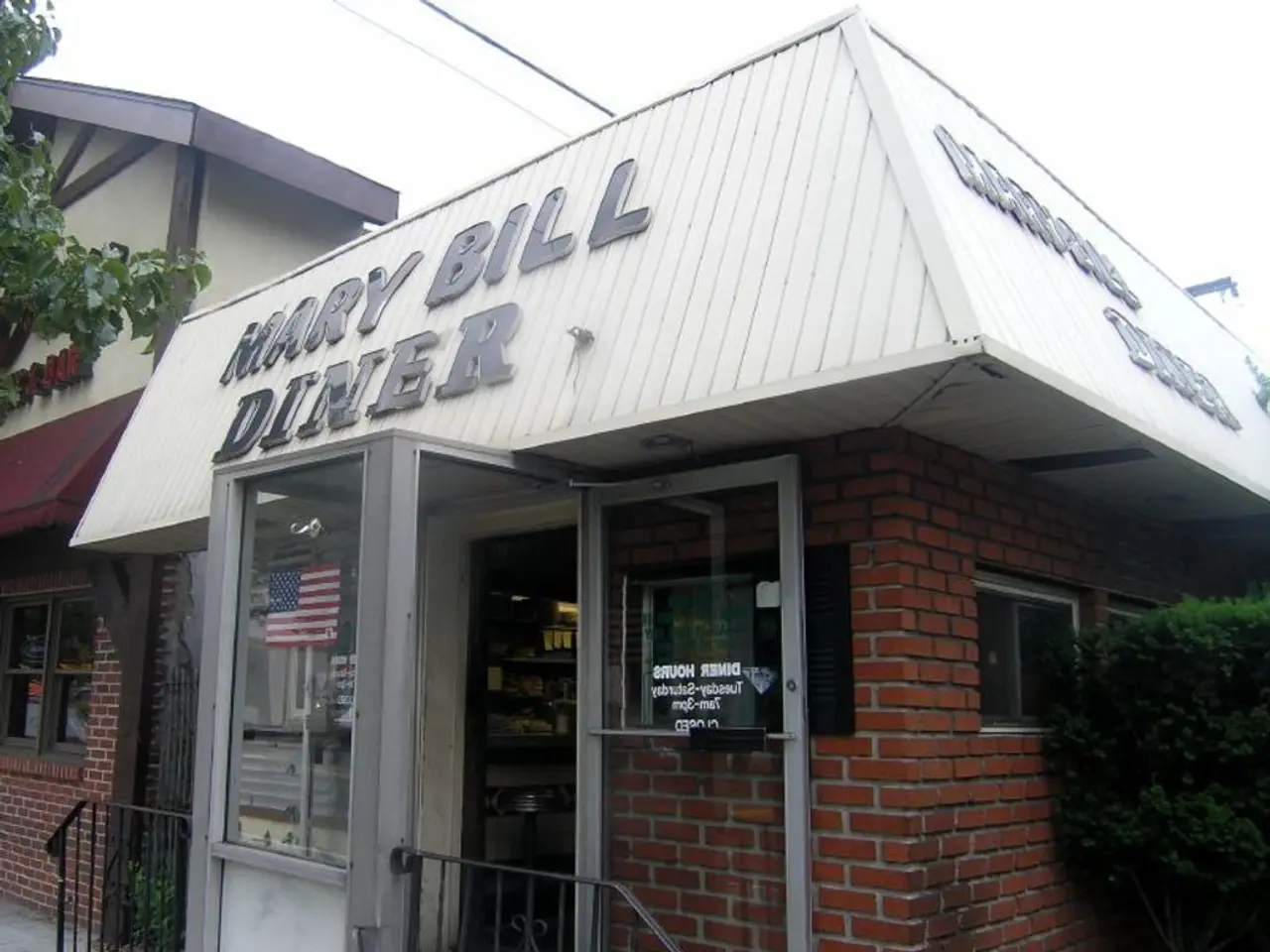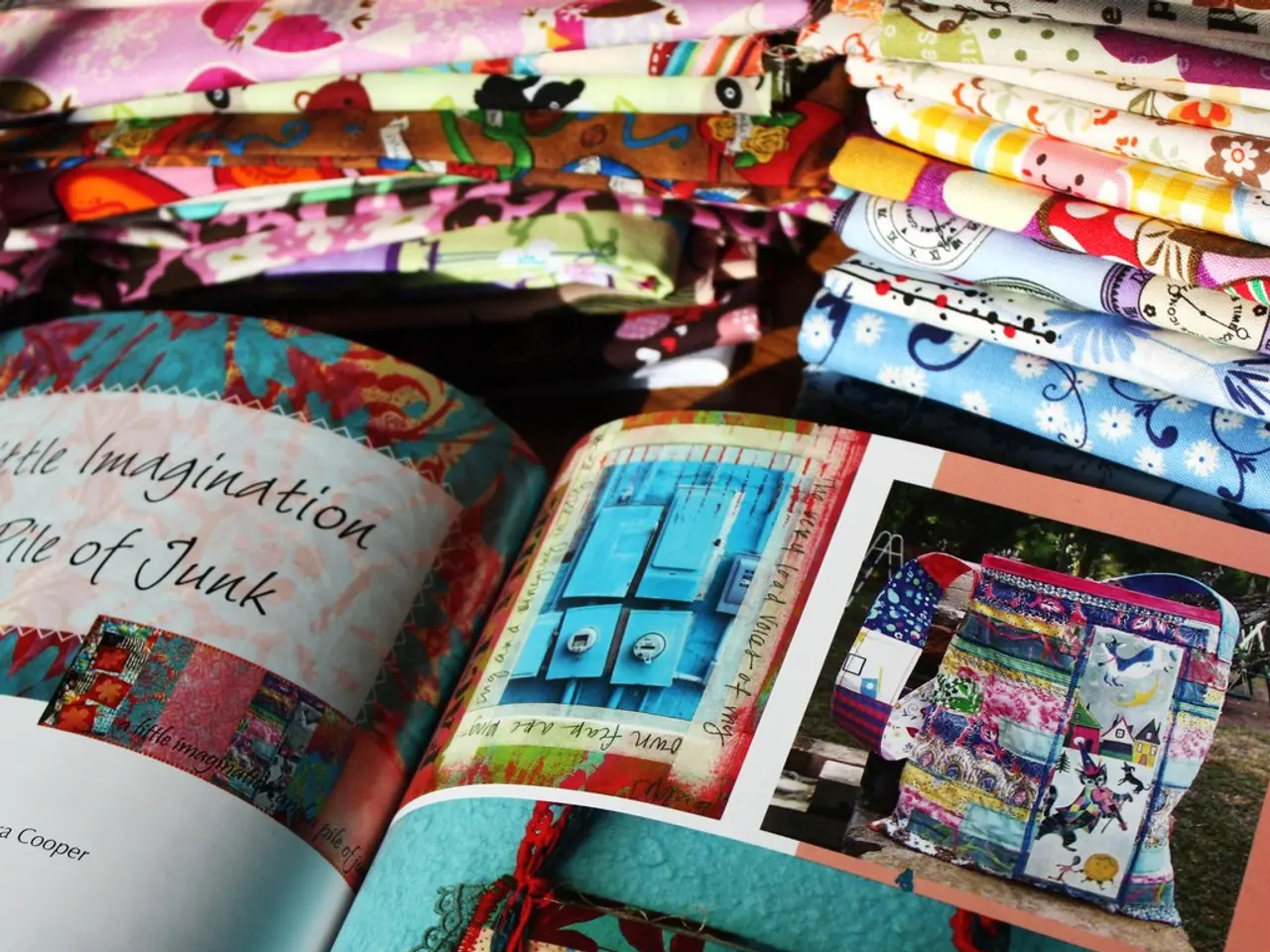Court in the UK Denies Artist's Last Recourse Following Pseudo Apology over Fishing Company's Suspected Involvement in the 'Fishrot Affair'
In a recent decision, the UK High Court has dismissed a final appeal by artist ODEE, ruling against the conceptual artwork "We're Sorry" that was created as a satirical response to the Fishrot scandal involving Icelandic fishing company Samherji.
Launched in 2023, "We're Sorry" took the form of a website, framed as a living sculpture, and was intended as a critique of Samherji's alleged role in the Fishrot scandal. The scandal, which involves a cache of over 30,000 documents leaked by a former Samherij employee in Namibia, suggests that the company paid millions of dollars in bribes to high-ranking politicians and officials in Namibia to acquire fishing quotas.
The legal dispute centres around whether "We're Sorry" qualifies as legitimate artwork or constitutes a violation of intellectual property claims made by Samherji. The Icelandic fishing company has asserted intellectual property rights over elements involved in the artwork, challenging ODEE's use of their related content.
Judge Anthony Mann upheld a previous order requiring ODEE to give up control of the website, including access to the domain. However, the ruling did not find the artwork to be a parody, as ODEE had described his conceptual artistic practice as "culture jamming," a form of activism which subverts corporate tools of advertising to challenge prevailing cultural narratives.
Samherji argued that culture jamming does not fall under the Oxford English Dictionary's definition of art and that "We're Sorry" was therefore not a legitimate artwork. The judge's decision in November saw Samherji's then-CEO, Thorsteinn Már Baldvinsson, express satisfaction with the result.
Ewa van Der Merwe, senior programmes director of the International Lawyers Project (ILP), representing ODEE, stated that Samherji intentionally brought these proceedings in the UK to suppress the artwork and exposure of their leadership's involvement in the Fishrot scandal. ODEE plans to take the case to the European Court of Human Rights, asserting that contemporary artists must be able to express themselves on matters of public concern.
The case has hit Namibia's high court at the end of 2023, with the Icelandic District Prosecutor concluding its inquiry into Samherji's activities in Namibia earlier this month, but yet to decide whether any charges will be brought against any of the defendants.
In the midst of these legal proceedings, the legitimacy of "We're Sorry" as an artwork remains a contentious issue, shedding light on the ongoing tension between artistic freedom and intellectual property rights in works critiquing real-world corporate scandals.
- The art world continues to grapple with the legitimacy of digital art as a form of contemporary art, as seen in the ongoing case of ODEE's satirical artwork "We're Sorry," which was created as a response to the Fishrot scandal.
- The business world's involvement in the art world extends beyond finance and marketing, as seen in the Icelandic fishing company Samherji's legal challenge against ODEE's website-based artwork "We're Sorry."
- The contemporary art landscape often finds itself at odds with the general-news arena, as exemplified by the case of "We're Sorry," a digital art piece that takes aim at a real-world corporate scandal, which is currently contending with issues of intellectual property rights.
- The fate of digital artworks as legitimate pieces of art is under scrutiny in the legal sphere, with the case of ODEE's "We're Sorry" serving as a microcosm for the tension between artistic freedom and intellectual property rights.




